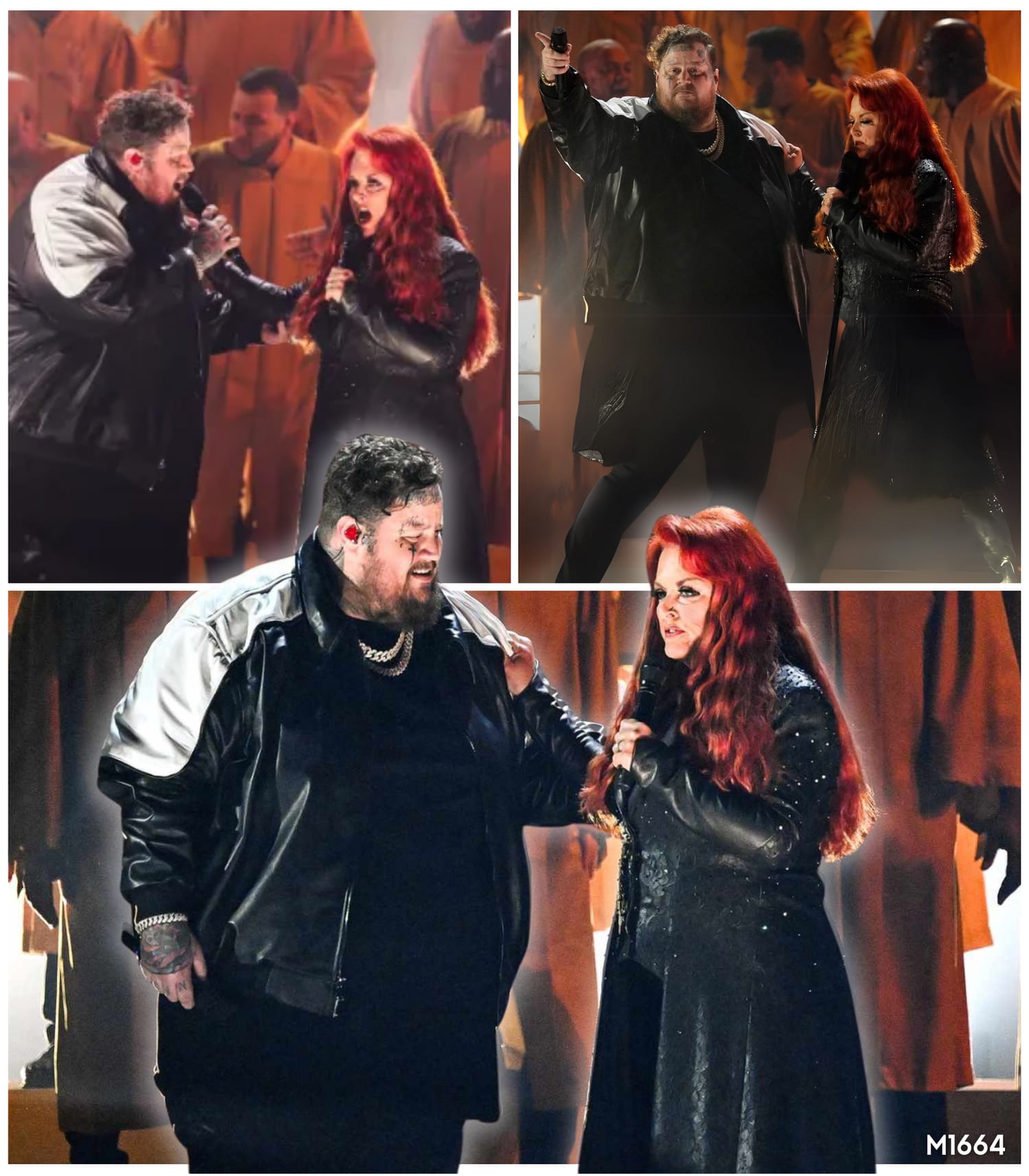Sheffield-based tattoo artist Emily Jayne has accused Sleep Token’s management team of wrongfully removing her Instagram account over band-inspired tattoo designs. She shared a statement on Instagram.
Jayne explained how she built her business around music-inspired tattoo art and the impact of losing her account.
“For people who may not know, I’m a tattoo artist based in Sheffield, UK who also travels to Canada a lot to spend time with my partner and slowly getting my business out there in Toronto,” she said. “I started to find my forte in tattoo designs by incorporating my other passion; music, which was originally doing so well for my business.”
She described the circumstances surrounding the account removal.
“Sadly, today, my main account was wrongfully taken down by Sleep Token’s team Rico Management for copyright infringement,” she continued. “My designs are heavily inspired by the band or a tribute to them and the fans, all of which are my own designs that I’ve worked hours and hours to design and get out into the world.”
Jayne expressed concern about the broader implications of such actions.
“I worry that this abuse of power will become worse and more widespread, attacking smaller businesses and creativity,” she said. “I know a lot of cosplaying and fan accounts have also been taken down previously. This is incredibly disappointing and scary to what the future holds for big corporations to take advantage of their power to attack small businesses and creators.”
The controversy has sparked broader discussions about copyright enforcement and fan creativity in the music industry. Lambgoat reported that the allegations were widely covered in music news outlets. The outlets framed the dispute as a potential overreach in copyright enforcement against a fan and artist.
As of October 13, 2025, Sleep Token and Rico Management have not issued any public statements addressing these accusations. MetalSucks noted that no official comments, apologies, or clarifications have been provided to explain the reasoning behind the reported takedown or to confirm or deny involvement. This lack of response has led to further speculation and criticism from fans and the online community.
The incident reflects a broader pattern in the music industry where artists and management companies sometimes target fan-created content through copyright enforcement mechanisms. Fan artists and cosplayers often walk a fine line between homage and infringement, especially when their work involves direct use of copyrighted imagery, logos, or likenesses. There have been high-profile cases in the metal and broader music scenes where bands or rights-holders have issued takedowns or cease-and-desist notices against fan artists, particularly when commercial gain is involved.
The music industry’s approach to copyright enforcement has evolved with the rise of social media and online fan communities. While protecting intellectual property is a legal right, the relationship between creators and their fans can be complicated. Many artists distinguish between fan art made for personal enjoyment, which is usually tolerated, and work that is sold for profit, which is more likely to draw a takedown. Social media platforms have become a battleground for these issues. Automated systems can issue takedowns based on complaints, sometimes without proper context or recourse for the accused creator.
Bands that aggressively pursue copyright claims against fans risk alienating their base and garnering negative publicity. Conversely, artists who embrace fan creations often foster stronger, more engaged communities. Until Sleep Token or their management issue a statement, the situation remains a flashpoint in discussions about copyright, fan culture, and artistic freedom in the digital age.





